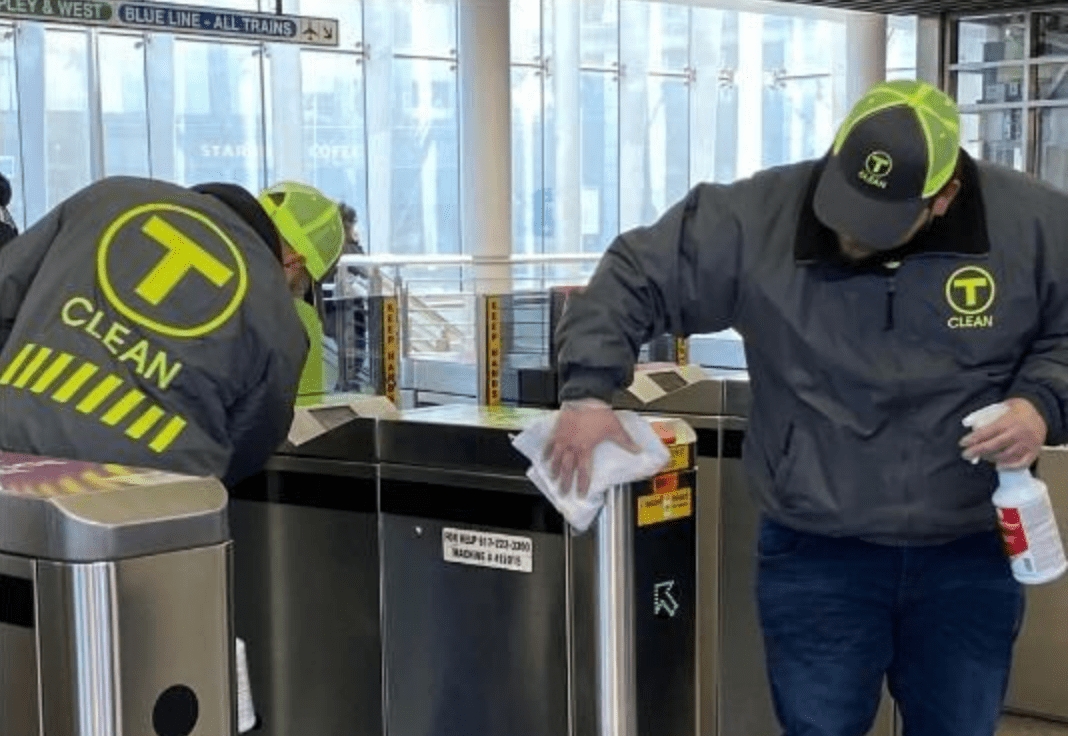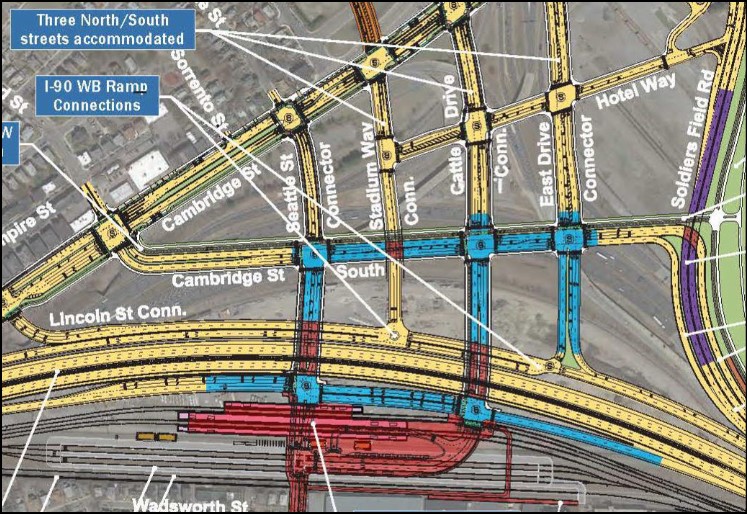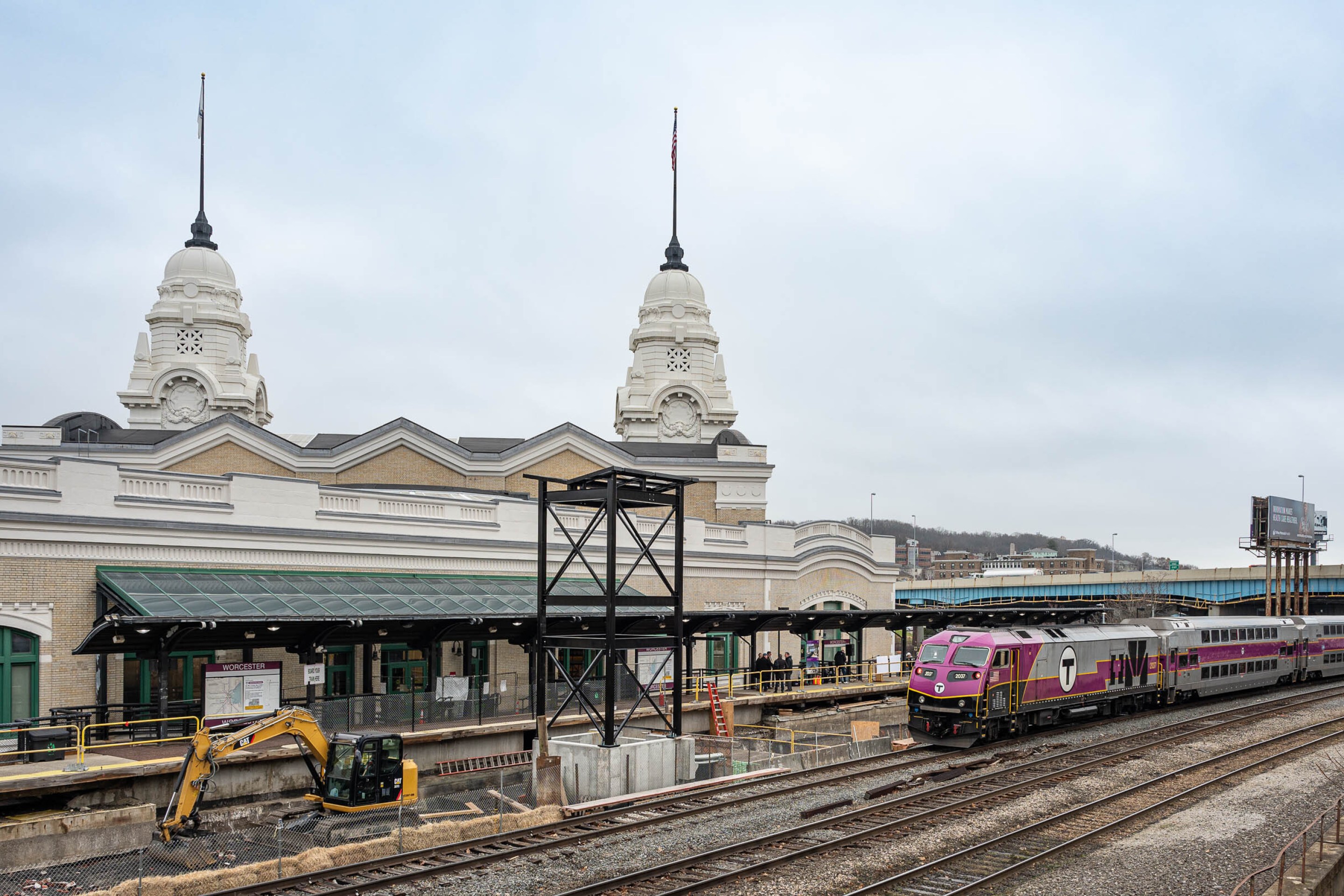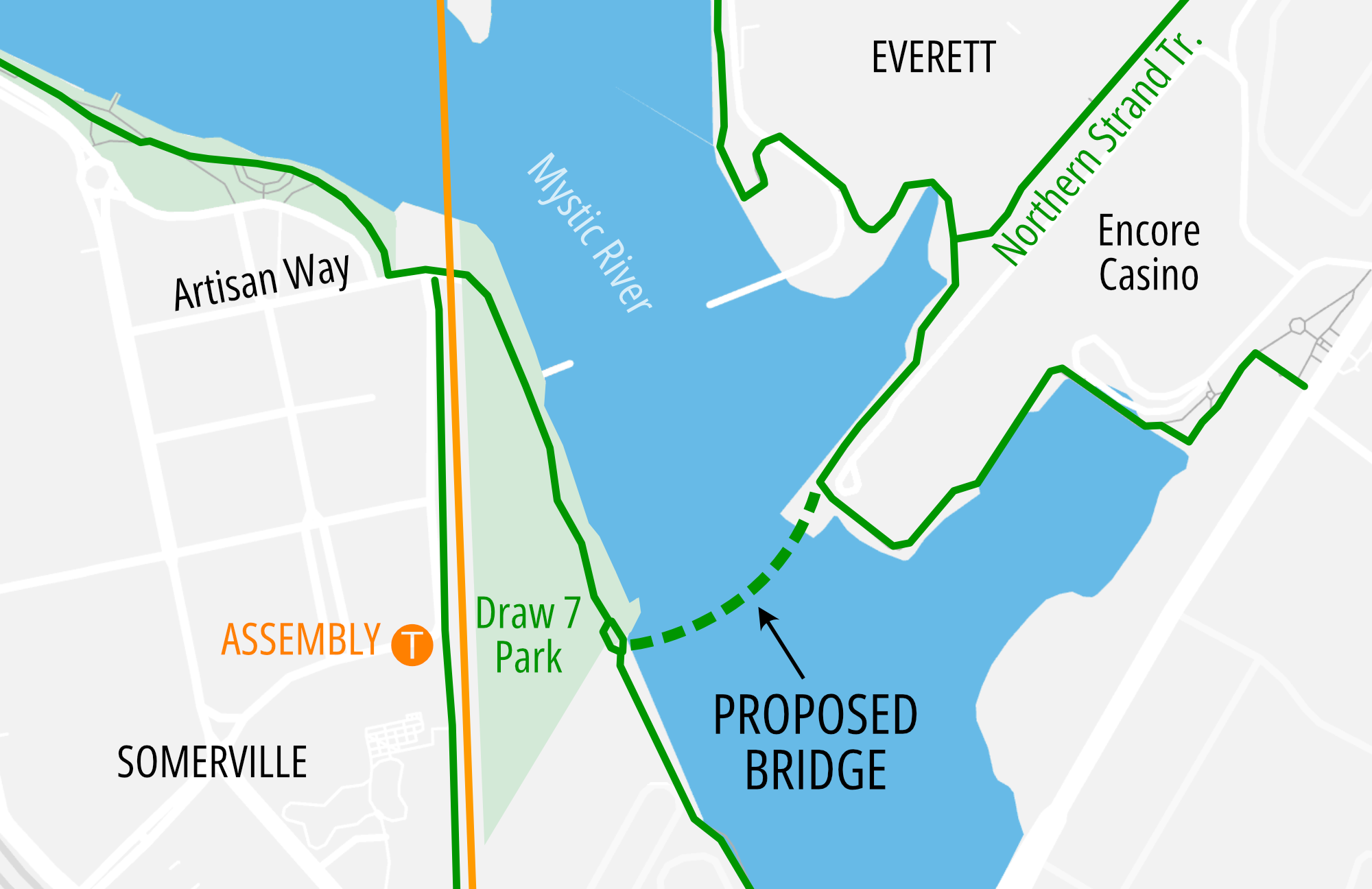The controversial transit service cuts that will take effect next week will eliminate about 14 percent of the MBTA's service in order to trim just one percent from the T's $2.3 billion annual operating budget, according to MBTA officials.
On March 14, the T will reduce the number of daily train trips on the Red, Orange, and Green lines by up to 20 percent, and run 5 percent fewer trains on the Blue Line (where ridership has been higher during the pandemic).
On the bus system, riders of 22 bus routes will face longer waits between bus trips, and nine bus routes – including the 55 in Boston’s Fenway neighborhood, the 212 in Quincy, and the 79 through Arlington, will no longer run at all.
At Monday's Fiscal and Management Control Board meeting, MBTA officials shared their first estimate of how much the agency expects to save this year from these cuts: just $21 million.
Some other budget figures to put that number into context:
- In a budget presentation, Mary Ann O'Hara, the T's Chief Financial Officer, revealed that the T expects to receive $301 million in relief funding from the the second COVID relief bill that was passed in December.
- Yet another COVID relief bill – the American Rescue Plan – could deliver even more relief funding for the T. O'Hara declined to speculate how much the T could get, but the draft that passed in the Senate last week sets aside $30.5 billion in emergency funding to help public transit agencies – more than twice as much as the December 2020 bill. In a press release, the Transit Is Essential coalition estimated that the T could receive "at least $700 million" from the new bill – "roughly equivalent to an entire year of MBTA fare revenue before the pandemic, and enough to address any shortfalls in the MBTA budget for at least two fiscal years."
- Even without the additional federal relief funding, the T is still exceeding its budget expectations this year: O'Hara told the FMCB that January's budget numbers "came in better than budget by over $23.8 million for the month" (and this was the month when the Commonwealth endured its highest-ever spike in COVID-19 cases).
- That surplus, plus other surpluses from previous months, is being socked away in rainy-day fund to help fill in the budget for fiscal year 2022, which begins in July. At the end of January, that fund has a balance of $88.5 million, O'Hara reported.
T officials are using some of the new funding from the December relief bill to add back some bus service and blunt the effects of the March 14 cuts, but the majority of funding is being saved to apply to the fiscal year 2022 budget.
"The Baker Administration has failed to make a clear case for why these immediate, harmful cuts are necessary," declared the Transit Is Essential coalition in a press statement on Monday. "What is clear is that essential workers and riders making essential trips will bear the brunt of this decision."
In a presentation on future service planning, Kat Benesh, MBTA chief of operations strategy, policy, and oversight, told the FMCB that the T would add back additional bus and rail trips in schedule adjustments this summer and fall, as the state continues to reopen and students return to campuses.
"Thinking about the fall as more folks begin to come back to transit, or use it more, we want to make sure transit is a good experience for those who start traveling again," Benesh said on Monday. "This (will be) a moment of truth in the customer experience."
But Benesh and MBTA Deputy General Manager Jeff Gonneville also acknowledged that bus schedules for the summer would need to be determined within the next few weeks, based on how many riders are using transit in the short term.
Those ridership numbers are likely to be depressed even further after March 14, when reduced service makes transit less convenient for many riders.
FMCB members expressed considerable wariness about the T's plans to plan future service based on short-term ridership trends, given quickly-changing public health guidance and the state's increasingly optimistic reopening plans.
"When you look at the vaccination rates, (and) when you look at that schedule, we're in a very different situation from what we thought we were going to be in January," said FMCB vice-chair Monica Tibbets-Nutt. "I highly doubt there's going to be a huge spike in the next few weeks in ridership, but I think there's a real possibility that there would be a spike in May.... it does not seem to me that you can respond to the crowding and demand in the fall with the decisions we're expected to make in the next couple of weeks."





